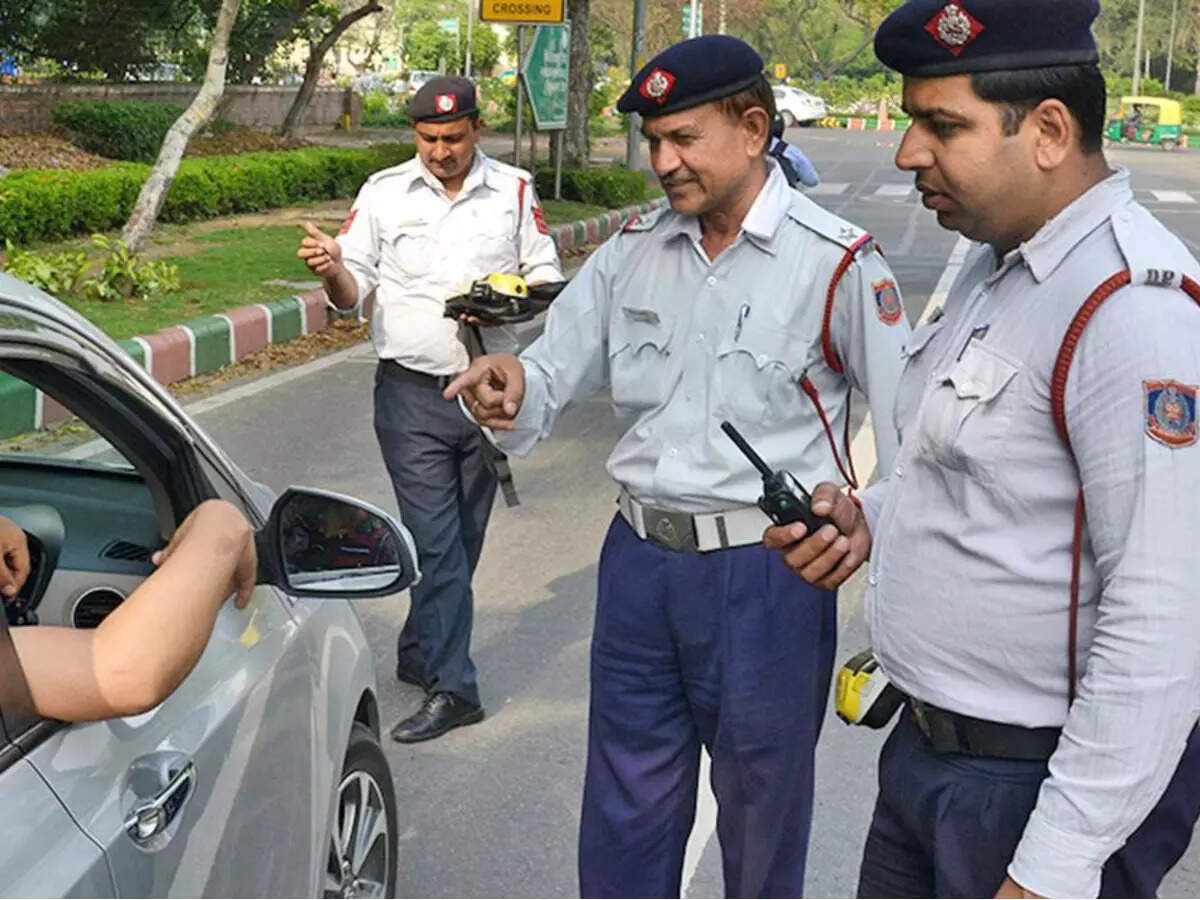
Delhi transport minister Kailash Gahlot on Wednesday said govt has decided to compound certain traffic offences at 50% of the challan amount under specific sections of the Motor Vehicles Act.
According to the proposal, someone can get a discount of 50% if challans are paid within 90 days for existing offences, and 30 days for new challans issued after the law is notified.
Gahlot said the provision will ensure convenience to commuters by encouraging them to settle traffic fines and reduce the workload on courts and the department.
The compounding will be allowed for offences such as when a vehicle owner allows an unauthorised person to drive it, if someone drives without a valid licence, indulges in dangerous driving, or drives when mentally or physically unfit to drive, among other offences.
This provision aims to encourage citizens to clear their traffic fines promptly, the minister said.
Commenting on the initiative, Gahlot said: “By rationalising the compounding fees and delegating compounding powers, we are making it easier for citizens to comply with traffic regulations while enhancing enforcement efforts.”
Officials said that the decision has also been taken as there were a large number of challans pending from both the traffic and transport departments.
Delhi govt’s transport department had earlier this year written to the judiciary stating that a large number of people have not responded to challans.
The department has also flagged that over 75% challans, imposed during the period when the Graded Response Action Plan (GRAP) last year, are unpaid.
A transport department official said the number of challans increased substantially in 2023 compared to 2022. “However, the generated challans have not been taken to their logical conclusion,” he added.
Additionally, Delhi govt has authorised officers of the rank of head constable and above from Delhi traffic police and the transport department, as well as assistant traffic inspectors (ATIs) of the Delhi Transport Corporation (DTC), to compound traffic offences under some of the sections of the Motor Vehicle Act, 1988.
Empowering ATIs, who are present on bus lanes, could ensure real-time enforcement and support smooth functioning of public transport systems.

